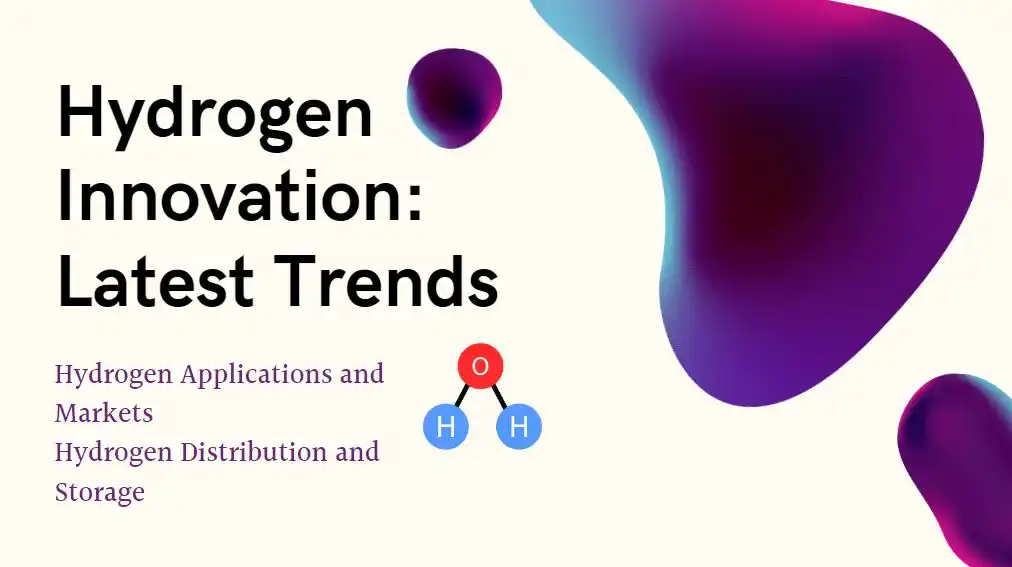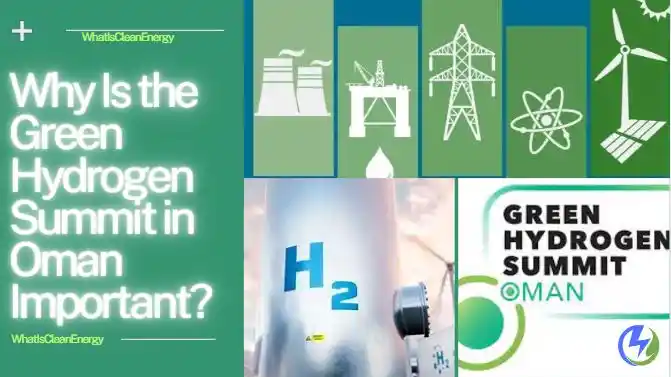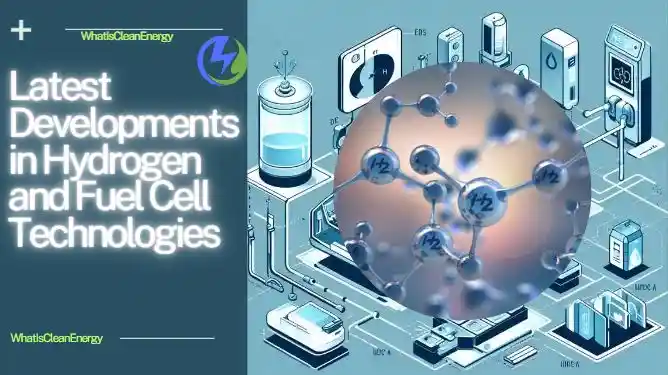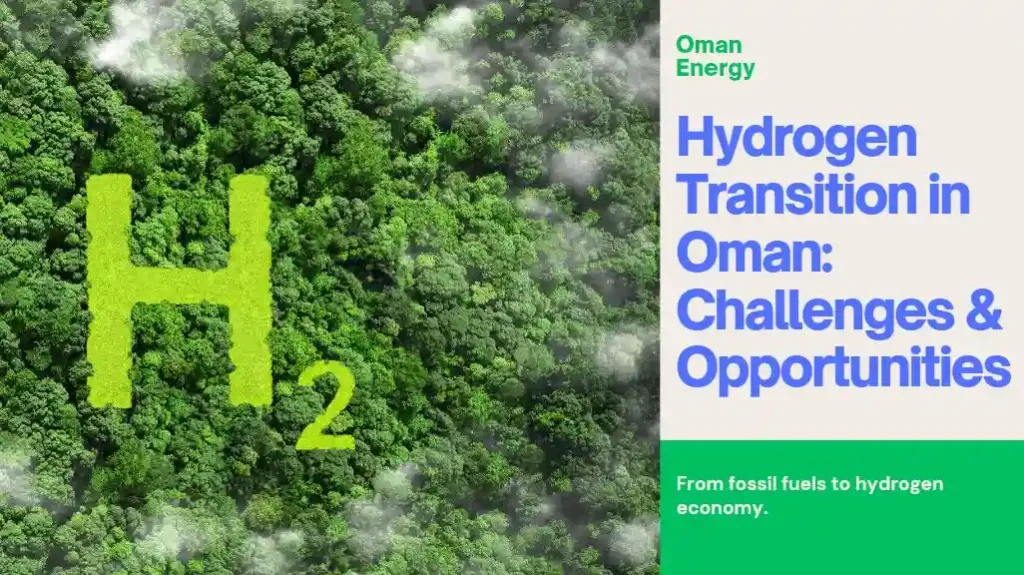Hydrogen innovation is a hot topic in the energy sector. Hydrogen is a clean and versatile fuel that can be used for various applications, such as transportation, power generation, and industrial processes. However, producing and using hydrogen sustainably and cost-effectively poses many challenges. In this article, we will explore some of the latest breakthroughs and trends in hydrogen innovation.
Hydrogen Fuel Cells

One of the main applications of hydrogen is in fuel cells, which convert hydrogen and oxygen into electricity and water. Fuel cells are more efficient and environmentally friendly than combustion engines and can power vehicles, buildings, and devices. Some of the recent innovations in fuel cells include:
- Developing new materials and catalysts to improve the performance and durability of fuel cells.
- Integrating fuel cells with renewable energy sources, such as solar and wind, to produce and store hydrogen.
- Scaling up fuel cell production and deployment to reduce costs and increase market penetration.
Renewable Hydrogen

Another key trend in hydrogen innovation is producing hydrogen from renewable sources, such as water, biomass, or waste. This is also known as green hydrogen, and it has the potential to reduce greenhouse gas emissions and dependence on fossil fuels. Some of the recent breakthroughs in renewable hydrogen include:
- Improving the efficiency and scalability of electrolysis, a process that splits water into hydrogen and oxygen using electricity.
- Developing new technologies and methods to produce hydrogen from organic materials, such as algae, bacteria, or wood.
- Creating digital platforms and tools to optimize the design, operation, and maintenance of renewable hydrogen systems.
Hydrogen Distribution and Storage

A major challenge for hydrogen innovation is how to transport and store hydrogen safely and economically. Hydrogen has a low energy density and high flammability, which makes it difficult to handle and store. Some of the recent innovations in hydrogen distribution and storage include:
- Developing new materials and technologies to increase the storage capacity and reduce the weight of hydrogen tanks.
- Creating new infrastructure and networks to deliver hydrogen to end-users, such as pipelines, refueling stations, or ports.
- Exploring new ways to convert hydrogen into other forms, such as ammonia, methanol, or synthetic fuels, which are easier to transport and store.
Hydrogen Applications and Markets

The final trend in hydrogen innovation is expanding the use and demand of hydrogen in various sectors and regions. Hydrogen has many advantages over other fuels, such as high energy content, zero emissions, and flexibility. Some of the recent developments in hydrogen applications and markets include:
- Increasing the adoption of hydrogen-powered vehicles, such as cars, buses, trucks, trains, or planes.
- Enhancing the role of hydrogen in the power sector, such as in combined heat and power systems, grid balancing, or energy storage.
- Promoting the use of hydrogen in the industrial sector, such as in steel, chemicals, or fertilizers.
Consumer Adoption of Hydrogen Technologies: Market Trends and Behavior
- Growing Demand: The global push for decarbonization has led to a surge in demand for hydrogen technologies. Governments and industries are increasingly investing in hydrogen production, storage, and utilization.
- Technological Advancements: Innovations in electrolyzers, hydrogen conversion, and new materials are driving the integration of hydrogen into various sectors, including transportation and grid management.
- Economic Growth: The hydrogen industry is experiencing significant growth, with over 13,500 companies active in the sector. This growth is expected to continue, with a projected compound annual growth rate (CAGR) of 9.3% from 2024 to 2030.
- Global Hubs: Leading countries in hydrogen innovation include the USA, UK, Germany, India, and China. These countries are establishing robust hydrogen infrastructures and promoting the adoption of hydrogen technologies.
Consumer Behavior
1. Environmental Awareness: Consumers are increasingly aware of the environmental benefits of hydrogen technologies, such as reduced greenhouse gas emissions and improved air quality.
2. Perceptions of Performance: Positive perceptions of hydrogen vehicles’ performance, including driving range and refueling convenience, are influencing consumer attitudes.
3. Safety Concerns: Safety remains a critical factor for consumers, with many expressing concerns about hydrogen storage and handling.
4. Social Norms and Values: Personal values and social norms play a significant role in consumer adoption. Consumers who prioritize sustainability and environmental responsibility are more likely to adopt hydrogen technologies.
5. Economic Considerations: The cost of hydrogen technologies and the availability of incentives and subsidies are key factors influencing consumer decisions.
Consumer Products: Hydrogen Innovations for Everyday Use
Hydrogen Water Bottles: A New Trend in Wellness Hydrogen water bottles are becoming popular as a health and wellness product. These bottles infuse water with molecular hydrogen, which is believed to have various health benefits, such as reducing inflammation, improving energy levels, and acting as an antioxidant.
Benefits of Hydrogen Water
- Antioxidant Properties: Molecular hydrogen acts as a powerful antioxidant, neutralizing harmful free radicals in the body.
- Energy Boost: Many users report increased energy levels and improved athletic performance.
- Anti-Inflammatory Effects: Studies suggest that hydrogen-infused water may help reduce inflammation and support faster recovery from injuries.
Also Read: The Best Hydrogen Water Bottle: An In-Depth Analysis
Recommended Products
Top Pick: Hydrogen Water Generator from PIURIFY – Up to 4100+ PPB Concentration– A high-capacity hydrogen water generator perfect for home or office use
Upgrade Hydrogen Water Bottle, 3Min 2000 PPB Hydrogen Water Bottle Generator – A portable and easy-to-use hydrogen water bottle with advanced electrolysis technology.
The adoption of hydrogen technologies is on the rise, driven by growing environmental awareness and technological advancements. Consumers are increasingly considering hydrogen as a sustainable alternative to traditional fossil fuels, with market trends indicating significant growth and investment in the sector. Key factors influencing consumer behavior include perceptions of performance, safety concerns, and economic considerations. As global hubs for hydrogen innovation continue to expand, the future of hydrogen technologies looks promising.
Conclusion
Hydrogen innovation is a dynamic and promising field that can contribute to the energy transition and decarbonization of the economy. However, there are still many barriers and challenges to overcome, such as technical, economic, social, and regulatory issues. Therefore, it is important to foster collaboration and coordination among different stakeholders, such as governments, businesses, researchers, and consumers, to accelerate the development and deployment of hydrogen solutions.
Disclosure: This content is reader-supported. As an Amazon Associate, we earn from qualifying purchases. Thank you for your support!








